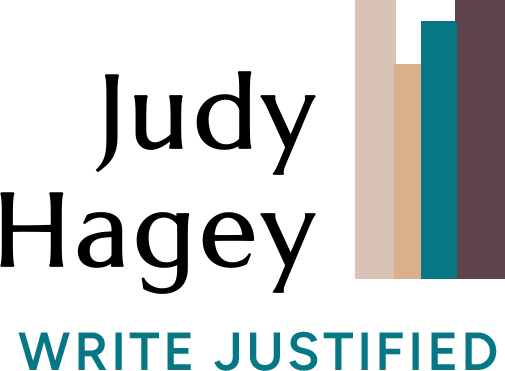
I don’t expect to find spiritual wisdom or encouragement in my daily perusal of the Wall Street Journal, but Daniel Henninger’s P.S. to his April 9 opinion piece caught my attention:
“For Christians and Jews, this is among the holiest weeks of the year, when in a word, all prepare spiritually for Easter and Passover. Both events are about passing into and out of a crucible. Inside these faiths, loss becomes endurable through the promise of deliverance. It’s worth remembering for at least one week.”[1]
Crucible is one of those old-time words we don’t use much in the twenty-first century. The original meaning is a vessel or melting pot used to heat metals or other substances to very high temperatures. The result was a new creation—a coin or weapon of war.
I first encountered the term in a production of Arthur Miller’s The Crucible during my college years. Whether it was the language or my lack of life experience, I failed to fully grasp the significance of a crucible.
In the figurative sense—Henninger’s meaning—a crucible is a test or trial that changes or shapes us in such a way as to be able to endure or as James puts it “to persevere.” We are discovering how the coronavirus puts our way of life, even our faith, to the test. We don’t know how long these quarantine or shelter-in-place orders will last. For now, we expect to be homebound at least through the end of April, but experts tell us the longer we practice social distancing, the more we flatten the curve. Otherwise we risk another round of the virus.
What will emerge after we pass through– for the concept of crucible does promise deliverance–this crucible? Some new reality will come out of the heat of this trial. We’re learning to do without nonessentials and redefining essential goods and services. We’re discovering a slower pace leaves more time for strengthening relationships—even at a distance.
Will we be a more compassionate people? Or will pent up demands for goods bring back our consumeristic mindset? Will we find pleasure in simpler activities—simply being within six feet of friends and family? Or will we be too fearful to leave our homes? Henninger’s P.S. follows a piece on our unpreparedness individually and corporately for this pandemic. Let’s use this time of isolation to practice solitude; of limited “necessities” to practice self-denial so we are prepared for the next trial. The promise of deliverance speaks of hope. Hope cannot be an empty promise. It must be the sure confidence in what we cannot now see, but trust that deliverance from this present circumstance and all earthly trials will be ours.
[1] Daniel Henninger, “Coronavirus Caught Us Napping,” Wall Street Journal, April 9, 2020, A15.


Leave a Reply